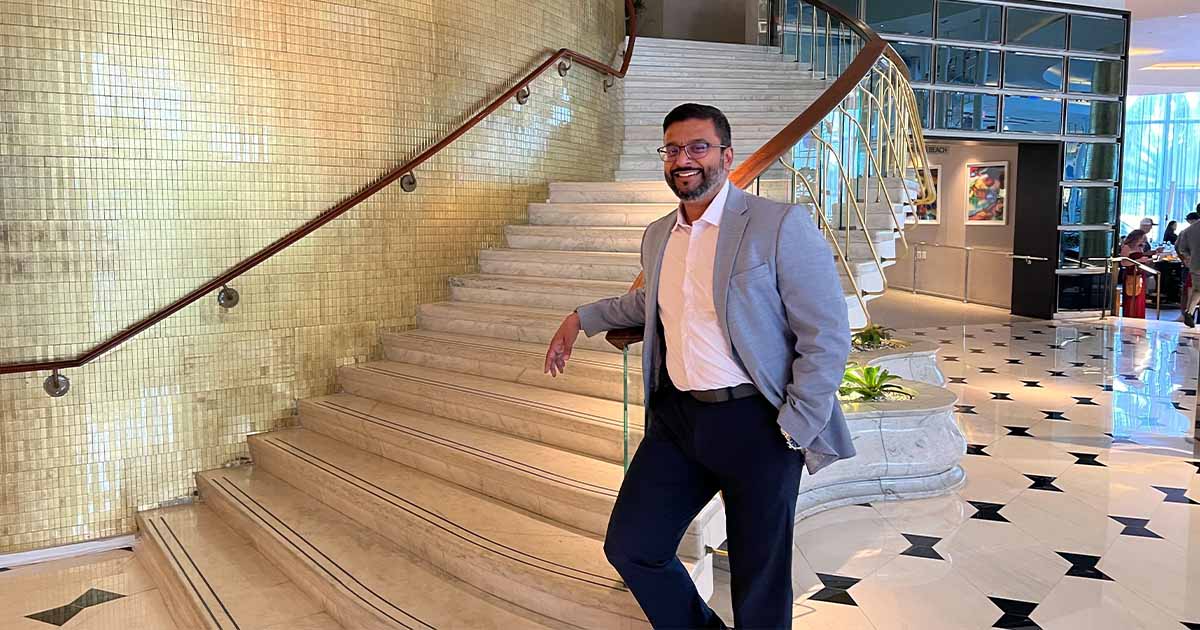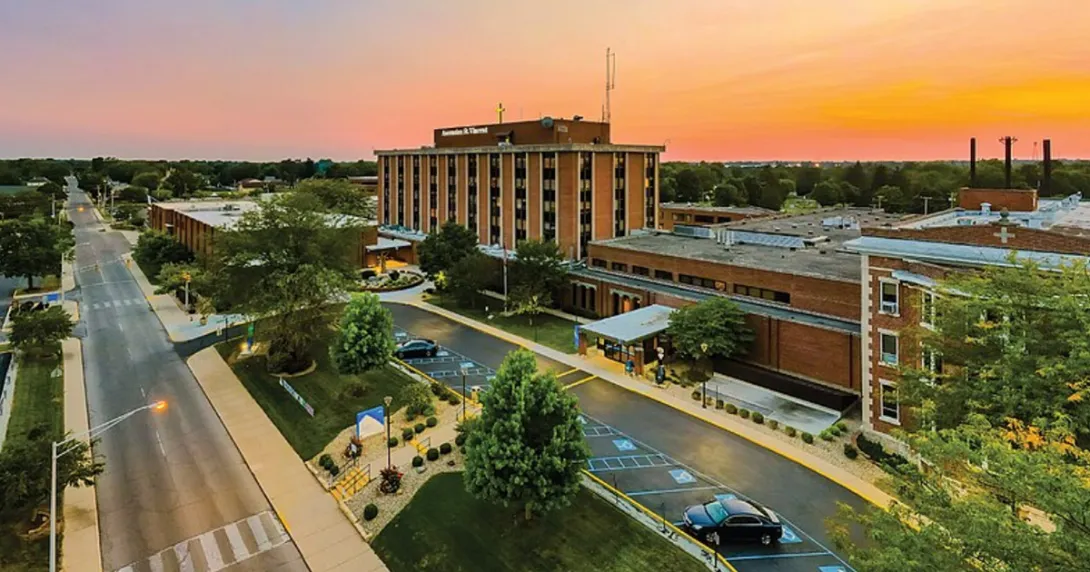Echo Vision, Inc., can do a patient’s heart good by providing cardio and vascular diagnostic services across Oregon and the southern part of Washington state.
A new Web-based technology is helping the clinic and mobile practice not only provide patients with faster diagnoses, but also making the practice more efficient.
The technology is delivered as a software-as-a-service model (SaaS) by Rochester, Minn.-based Kardia Health Systems, which was founded by the Mayo Clinic.
The technology eliminates the time-consuming practice of sending videotapes or DVDs of a patient’s echocardiogram or sonogram by courier to the physicians who evaluate them and return them to the appropriate clinic or hospital.
By law, the turnaround time has to be within 48 hours. It can be much quicker.
“Now we can send exams in minutes instead of hours or days,” said Peter Schork, founder and CEO of Echo Vision.
Schork put the Kardia technology – Kardia E – through its paces for nearly a year before deciding Echo Vision could not do without it.
He rolled it out this spring to four locations for the “reading cardiologists.”
“Honestly, it couldn’t be soon enough,” he said. “This is something we’ve been striving for for years.”
Echo Vision employs 17 cardiovascular technologists and ultrasound sonographers. They conduct exams at Echo Vision’s diagnostic center and also in the field at outreach clinics and hospitals that do not have the equipment or technologists to operate it.
“We are coming to the patient,” Schork said. “We come to them to a facility they are comfortable with.”
Kardia’s Web-based platform manages, distributes and stores examinations. It originated from a Web-based technology that Mayo Clinic developed to speed up its workflow, said George Danko, Kardia Health president. Physicians or hospitals around the country often refer patients to the Mayo Clinic, he noted.
“They were concerned about people sitting in hotel rooms waiting for a diagnosis,” Danko said.
“They wanted to compress the time to create a report.”
The Berkeley HeartLab in Burlingame, Calif., a cardiovascular disease management company with 20 centers, is also employing a SaaS application for its 4myheart program. Berkeley’s is from Bedford, Mass.-based TimeTrade Systems.
Mark Sitter, senior product manager for 4myheart.com, says the technology has saved Berkeley time and money – $125,000 a year – and gained efficiencies.
Berkeley has:
- automated the process of scheduling appointments, including reminders that save $35,000 annually;
- reduced phone support requirements and saved more than $90,000 per year;
- and eliminated the requirement for multiple systems and significant delays and errors.
Sitter said the technology also scales easily, thereby accommodating Berkeley’s 20 percent-a-year growth rate.


